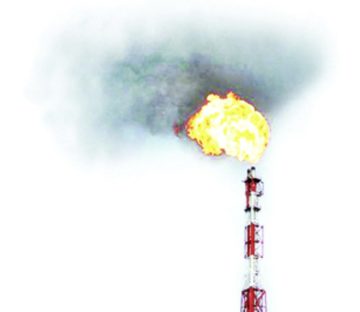Éric Morales-Franceschini in Agni:
 Daniel Borzutzky’s poetry is not an easy, elegant read: trauma, prisons, torture, murders, and arresting phrases like “rotten carcass economy” and “the blankest of times” recur ad nauseam. To read Borzutzky is, in other words, to reckon with the “grotesque.”
Daniel Borzutzky’s poetry is not an easy, elegant read: trauma, prisons, torture, murders, and arresting phrases like “rotten carcass economy” and “the blankest of times” recur ad nauseam. To read Borzutzky is, in other words, to reckon with the “grotesque.”
But this states the case a bit too morbidly, if not pathologically. There is a rigor and logic—even, dare I say, a dark humor and rebellious enjoyment—to what Borzutzky offers. He exposes the reader not just to naked power (the police, prisons etc.) but also to the bureaucratized violence of finance capital. The reader thereby reckons not just with the spectacular violence of massacres, but also that of administrative and silent deaths—akin to the “banality of evil” that Hannah Arendt, in Eichmann in Jerusalem (1963), famously described.
Or, better yet, like the “shock doctrine” Naomi Klein has written about, a doctrine that Borzutzky’s family would recognize. The fact that the Jewish Chilean American poet now calls Chicago home is no small irony. It was the notorious “Chicago boys” (economists trained by Milton Friedman at the University of Chicago) who formulated the economic policies for Augusto Pinochet’s reign in Chile (1974-1990), a reign that inaugurated what we now call “neoliberalism.”
More here.
